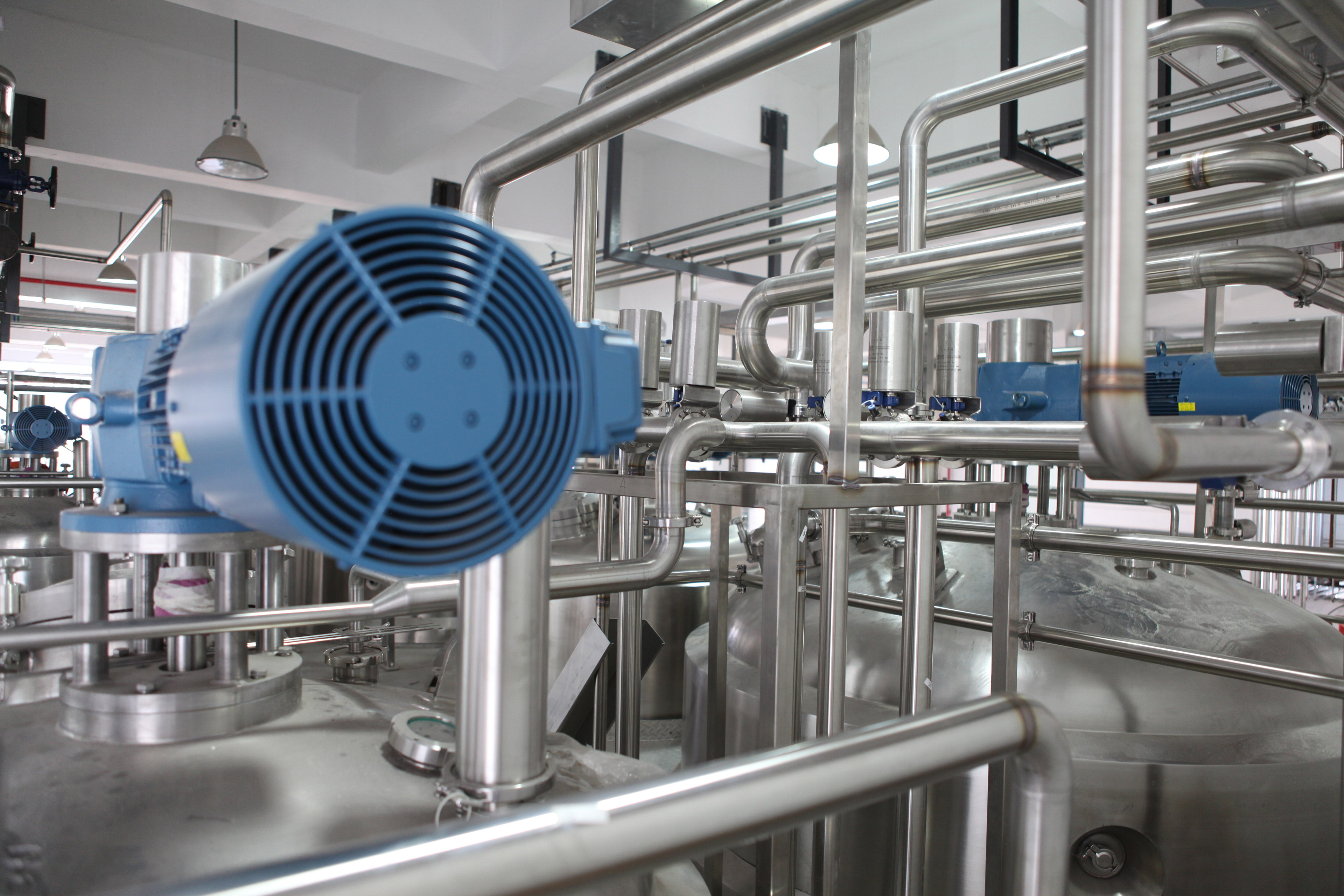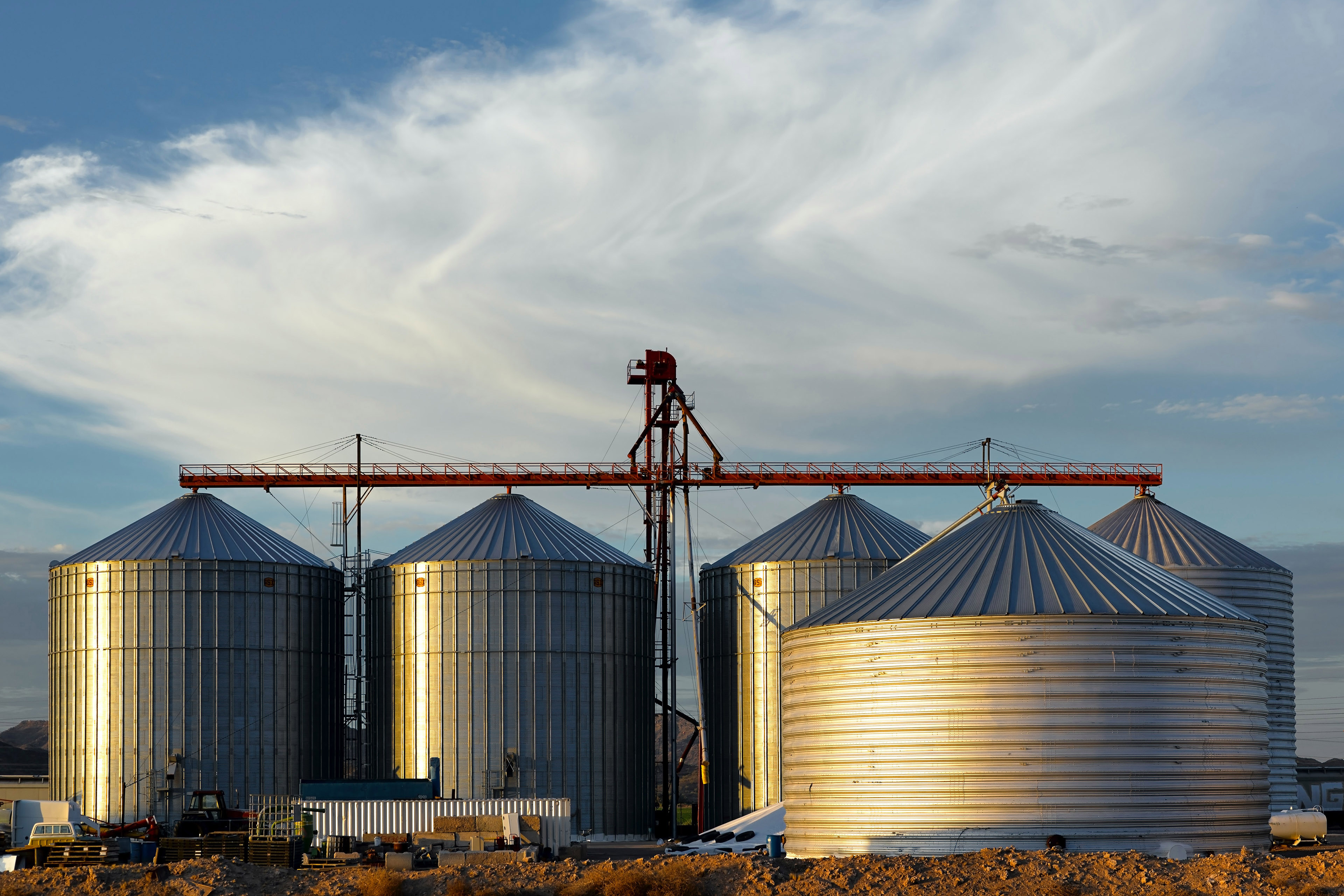

Our team has experience in mining, metals processing, manufacturing, dairy, food, beverage, and power. Each industry has its own specific needs, drivers, constraints, and compliance requirements all of which need to be taken into account when implementing OEE, MES, and optimisation solutions. A solution tailored to your specific value-chain, business drivers, and production constraints will enable you to make evidence-based decisions and investments which improve your asset's performance.
Contact us today to find out how.

With a high capital outlay, the primary focus in mining tends to be on Availability and Uptime so that companies can get the best possible return on capital. By implementing a well structured and flexible Downtime & Loss Accounting system which correlates issues back to business impacts rather than just durations of time, our customers can focus their maintenance and improvement initiatives in the areas which will create the most benefit for their operation.

The power industry's primary focus is on capacity, spinning reserve, and efficiency. Off-grid power plants, turbine generators, and cogen facilities all need to know that they can supply power when their customers require it. By relating Time Classifications to the appropriate Capacity, the Downtime Accounting system will provide a clear picture not only of what the plant is producing, but also what it can produce at any time if required, and how close it is to its maximum actual capacity based on generator states. Recording of fuel and oil consumption for each generator and relating that to power produced helps identify poorly performing assets and improvement opportunities.

Manufacturing sites tend to have more frequent stoppages of shorter duration than heavy industry, and generally utilise a lower-skilled work force. By automatically assigning cause locations and reasons to downtime events, most of the human interaction and interpretation is removed from the process, generating more accurate statistics for business improvement. Key considerations in manufacturing are the handling of non-production times such as cleaning, changeovers, and non-scheduled time, as well as reporting on both raw and finished goods inventory. The stocktake facility is a key success factor for accurate reporting of inventory balances in the stores and warehouse.

Frequently controlled by batch processes, key success factors in this industry include catering for irregular time patterns and processing windows, a wide variety of products and SKUs, and integration with OEM equipment. Recording production in the context of Production Plans, and supporting multiple Production Runs against each planned item provides flexibility in the tracking and reporting against schedule. Flexible data entry forms to support quality inspections and non-downtime incidents enable real-time data capture and alerting to the Quality Control Officer.

Challenges in beverage and bottling facilities includes frequent automated cleaning, variable operating speeds depending on bottle size and shape, multitudes of SKUs to be managed, and the ability to change the start-of-line over to a new product while the previous product is still being labelled and packaged. By enabling Production Plans to be tracked by workstation on the line rather than just at a line level, allows detailed timeline charting and tracking of operations with a minimum of complexity.

Much of the water industry infrastructure is remote and unmanned. Personnel travel long distances between pumping stations and rely heavily on mobile devices to perform their functions. Mobility support features are a key success factor for this industry, and include automated real-time alerts and notifications when issues arise, mobile forms for data capture, and camera integration with file compression to capture photos directly into the system.
To talk to one of our industry experts about your requirements, contact us now.